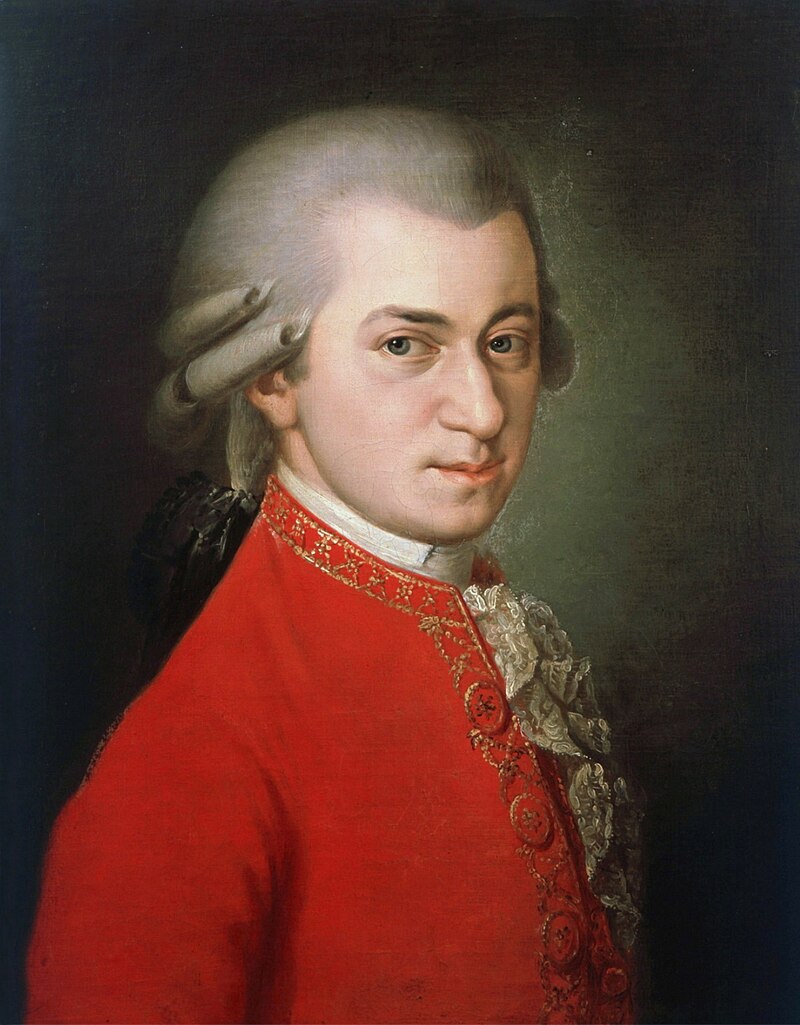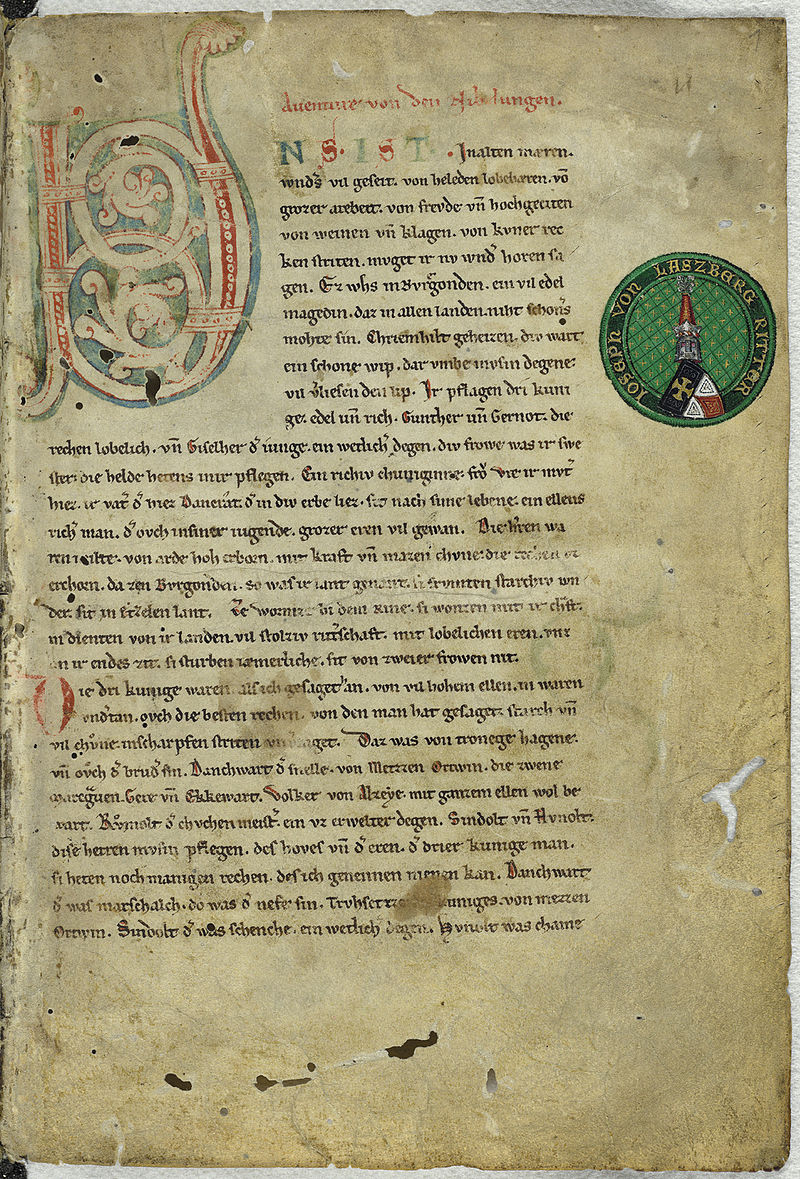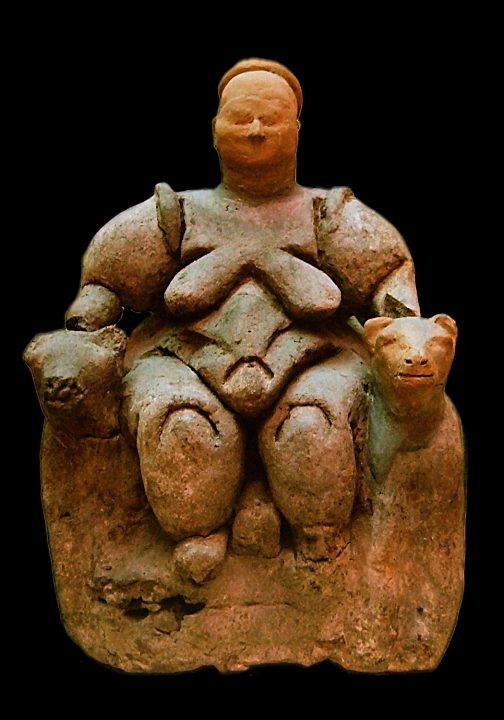 Wolfgang Amadeus Mozart
Wolfgang Amadeus Mozart
This composer (1756-1791) is perhaps the most famous classical music virtuoso of all time. Many other composers were worshiped by his music – Haydn considered him "the greatest composer”, and Schubert melted in delight, arguing, that “the magic of Mozart's music illuminates the darkness of our lives”.
Mozart died at the age of only 35 lat, but in his short life he managed to compose as many as 626 tracks, m.in. 24 operas, 49 symphony, above 40 concerts, 26 works for string quartets, 7 for quintets and numerous sonatas for piano and violin. He took opera to even higher levels, harmoniously combining the German and Italian styles (the librettos of his works were initially written in Italian, and later in German, which was a controversial novelty at the time). To the most wonderful 'Italian” Mozart's operas include: The Marriage of Figaro (1786 r.), Don Giovanni (1787 r.) oraz So do all of them (1790 r.|. The librettist of each of them was the Italian writer Lorenzo da Ponte. A wonderful Magic Flute (1791 r.) it was in turn the prototype of the later 19th-century German opera.
Mozart was born in Salzburg (he had six siblings) and started his career very early. When he was three, father (also a musician) taught him to play the clavichord. Two years later, Leopold gave his son a tiny violin, but without giving him any lessons. After a few days, little Mozart asked the violinists playing in the quartet, could he join them. They agreed with a laugh, which, however, quickly gave way to amazement, when a child prodigy played his part perfectly. One of the musicians even went so far as to say, that unclean forces were involved. The father of the little genius immediately took advantage of the situation, organizing for Wolfgang and his sister Nannerl (four years older and also extremely talented) tour around Europe. Wherever they went, aroused admiration and delight. Travel accounted for a third of Wolfgang's life.
At the age of six, Mozart appeared before Empress Maria Theresa in Schónbrunn. As an eight-year-old he already had performances in London, Paris, Rome, Geneva, Frankfurt and The Hague. Before he was nine years old, four of his sonatas have already been published. Even then, after listening to it once, he could write down very complicated melodies with notes. W 1770 r. the Archbishop of Salzburg entrusted a fourteen-year-old boy with the function of concertmaster of his orchestra, however in 1777 r., having quarreled with his principal, Mozart left for Paris. From 1781 r. he stayed in Vienna, where he spent his most fertile years. Both light and joyful pieces were created here, as well as expressing turbulent emotions and melancholic sadness. W 1787 r. Mozart replaced Gluck as court composer (albeit only for half the salary of his predecessor!).
Mozart, although he always created a lot, he was a compulsive gambler and was losing considerable sums of money, playing billiards, bowling and cards. He was also an admirer of the fair sex. At the age of 24 years stated: If I had married everyone, I was flirting with, I would be well over 200 wifes. 4 of August 1782 r. in the cathedral of St.. Stefan was married to Konstancja Weber, the younger sister of her former crush. He died 5 of December 1791 r., possibly for typhoid fever.
Mozart was buried on a rainy December day. Only a few people attended this ceremony. His body, wrapped in a bag and poured with lime (according to the imperial decree, to prevent an epidemic), buried in a mass grave at the cemetery of St.. Mark in Vienna.
Amadeus movie (1985), directed by Miłosz Forman and Peter Schaffer, it shows Mozart as a nervous man, full of enthusiasm, changeable in moods, emotionally immature and wonderfully gifted – perhaps this interpretation is not far from the truth (though Mozart once stated, that no one worked harder than himself to explore the secrets of composing).











